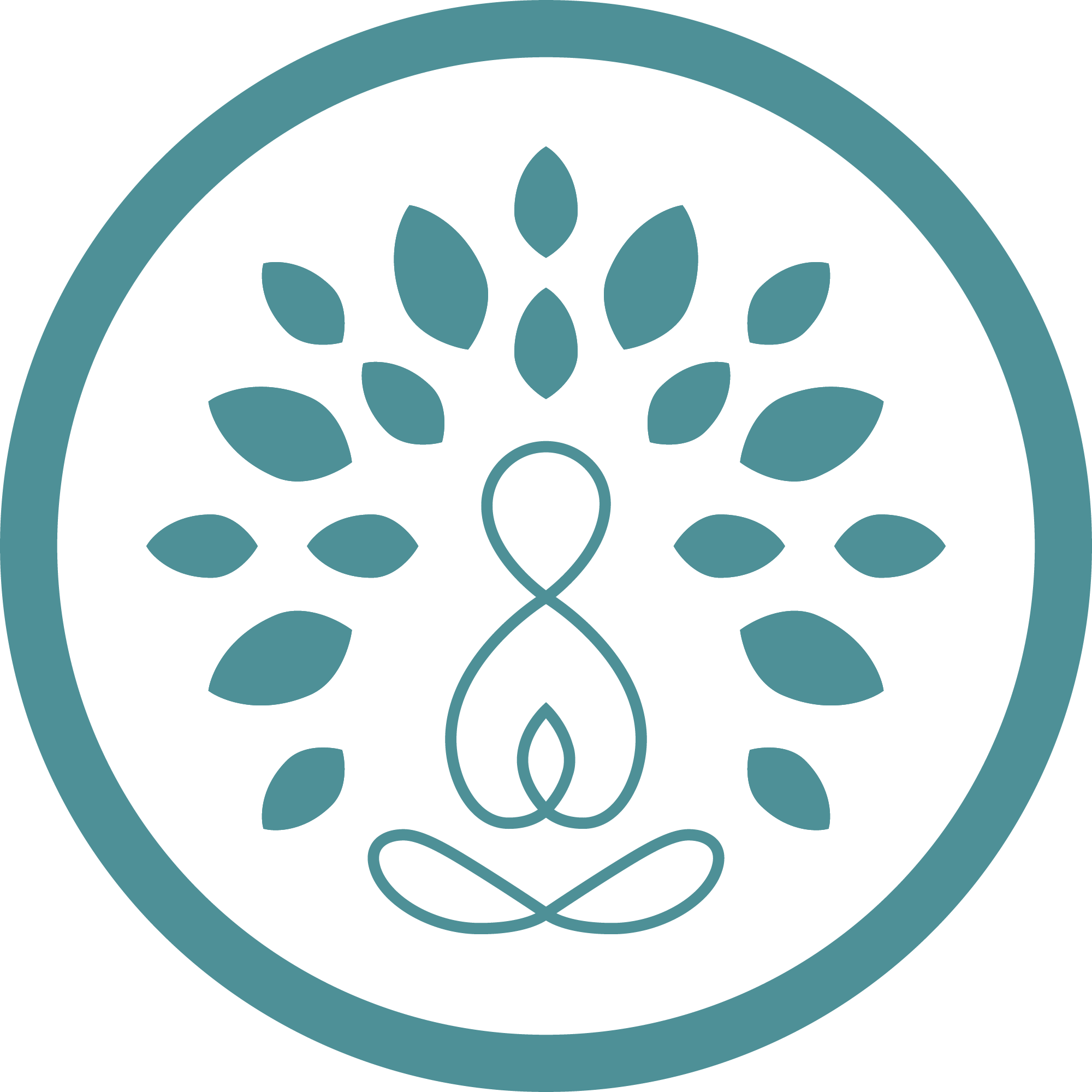Depression can happen to the best of us and feelings of depression are normal to have from time-to-time. In fact, 30.2% of adults reported symptoms of depression in 2020. However, sometimes depression starts to creep in and become more of our “normal” versus being situation-dependent or infrequent.
What are the symptoms of Depression?
- Feelings of sadness, tearfulness, emptiness, or hopelessness
- Angry outbursts, irritability or frustration (over matters that wouldn’t normally result in anger)
- Anxiety, agitation, or restlessness
- Loss of interest or pleasure in most activities or activities that used to bring you joy
- Changes in sleep, including insomnia or sleeping too much
- Tiredness and lack of energy
- Changes in eating, such as educed appetite or increased cravings for food
- Feelings of worthlessness or guilt, fixating on past failures or self-blame
- Trouble thinking, concentrating, making decisions and remembering things
- Slowed thinking, speaking, or body movements
How is Depression treated?
The good news is that even the most severe cases of depression can be treated. The earlier that treatment begins, the more effective it is. Depression is usually treated with medications, psychotherapy, and at times nutrition, movement and other holistic alternatives.
Medication can be especially useful in severe cases or at the beginning of treatment. For example, those with depression that interferes with their day-to-day life can use medication to lift their mood and help them give a person more motivation and energy to work on their depression in therapy.
The research has shown that using medication and psychotherapy in conjunction to treat depression has shown to be more effective than doing psychotherapy or medication management alone.
What medications are used to treat depression?
Antidepressants is the group of medications commonly used to treat depression. At times they can be used to treat other ailments such as anxiety or insomnia. The most common type of antidepressants are selective serotonin reuptake inhibitors (commonly referred to as SSRIs).
Examples of SSRIs include:
- Fluoxetine
- Citalopram
- Sertraline
- Paroxetine
Other types of antidepressants are serotonin norepinephrine reuptake inhibitors (SNRIs), they are similar to SSRIs but have slightly different effects on different brain pathways.
For seaonal affective disorder, Bupropion is another antidepressant commonly used.
Ultimately, it is important to work with an experienced, compassionate nurse practitioner or psychiatrist that can help you determine which medication would be most beneficial based on several factors, including but not limited to: your symptoms, medications you’re currently taking, medical history, and biological characteristics like age.
At SOMA, we have compassionate, experienced nurse practitioners and therapists that can help you start healing your symptoms of depression. If you have questions or are interested in an initial consultation to see if medication management or therapy is right for you, call 316-201-6047 and we’d be happy to help you get connected to the right resources (at SOMA or within our Wichita community). Earlier treatment is more effective and less costly in the long run. You don’t have to struggle alone and you don’t have to be “sick enough” to start treatment and significantly improve the quality of your life.

Thank you so much for sharing all this wonderful info
Thanks for sharing such an amazing and informative blog. This is really good and helpful in dealing with depression. As a therapist, I really like the way that you describe all the things. Keep up sharing such kind of great blogs.